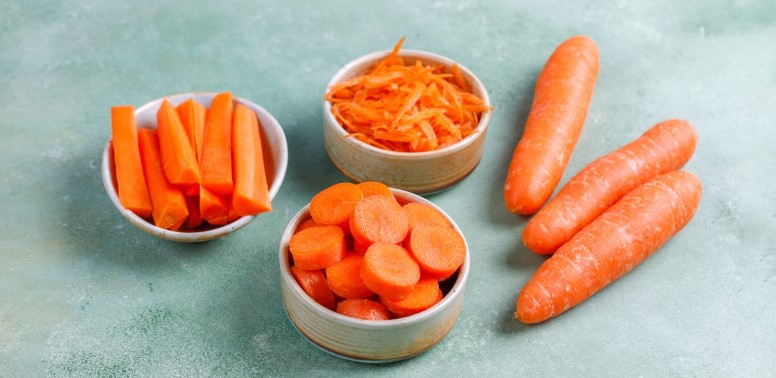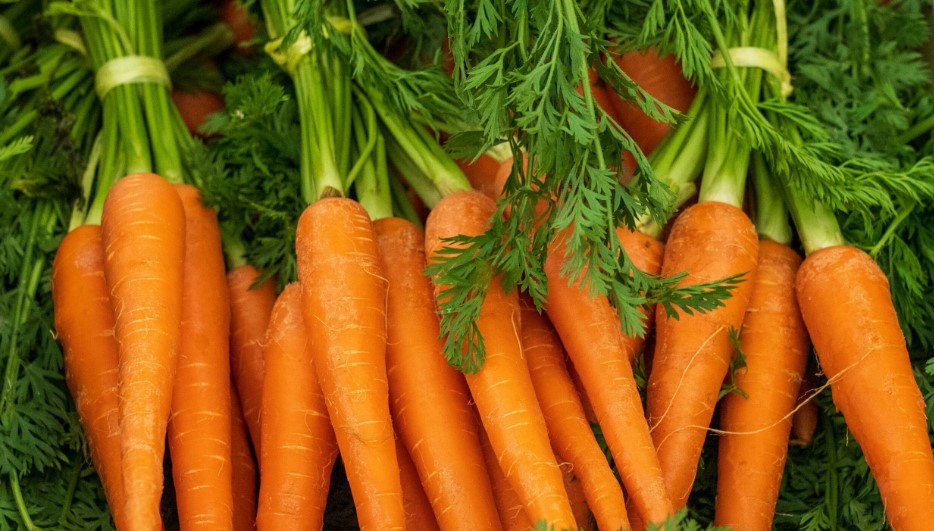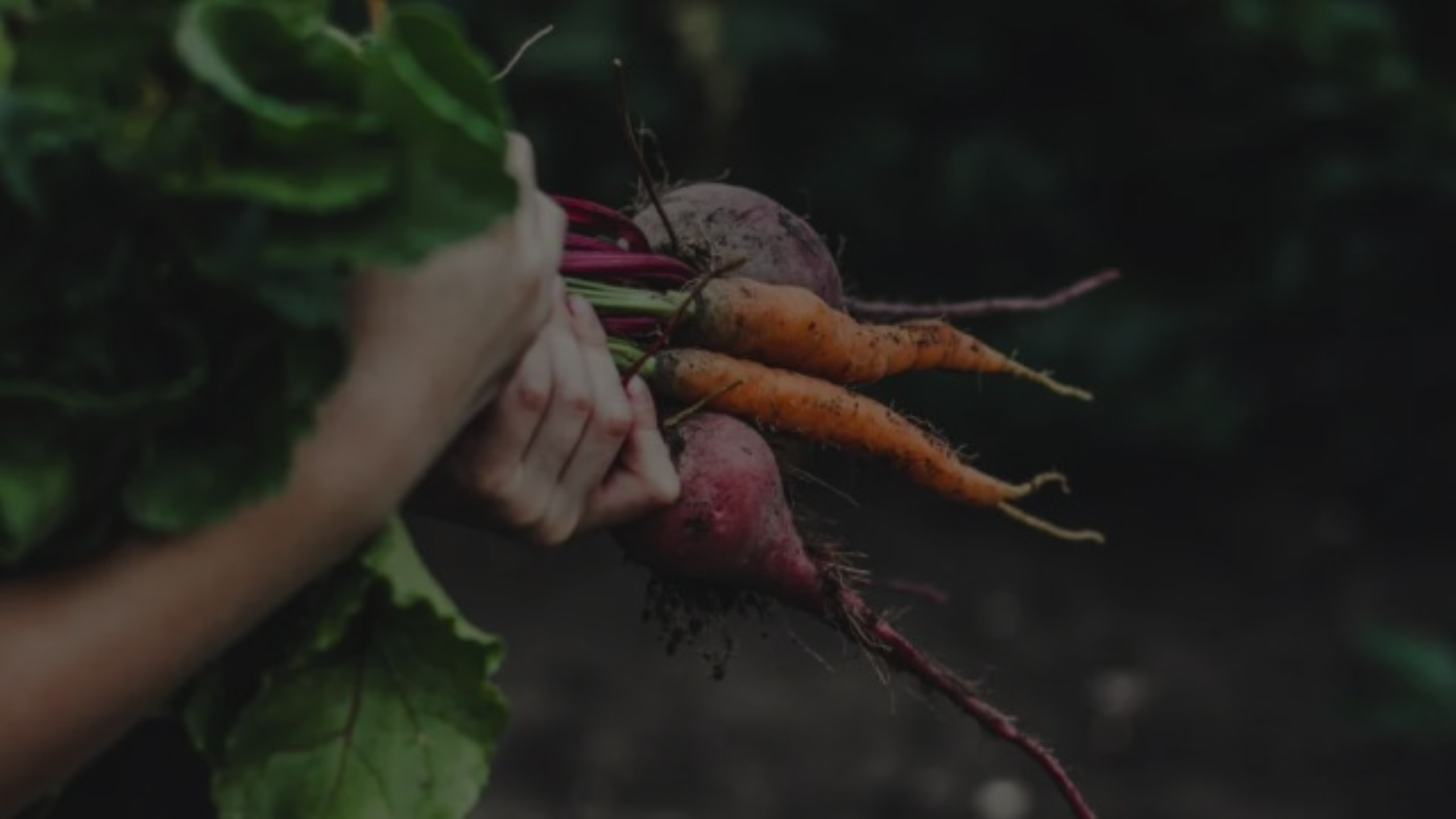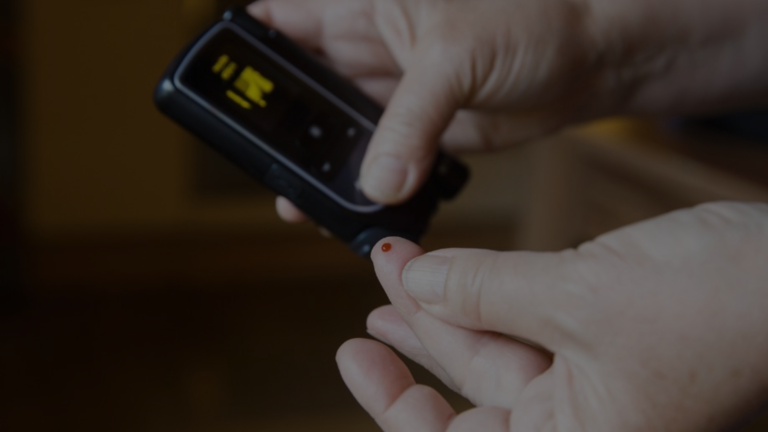Can a Diabetic Eat Carrots?
Diabetes management often comes with a long list of food restrictions. But can a diabetic eat carrots? Let’s explore the relationship between diabetes and this popular vegetable.

Understanding Diabetes
Before we get into the specifics of carrots, it’s important to understand diabetes. Diabetes is a chronic condition that affects how your body processes glucose, a type of sugar. There are two main types of diabetes: type 1 and type 2.
- Type 1 Diabetes: In this type, the body doesn’t produce insulin, a hormone that regulates blood sugar. People with Type 1 diabetes need insulin injections for survival.
- Type 2 Diabetes: In Type 2 diabetes, the body either doesn’t produce enough insulin or becomes resistant to its effects. This type is more common and is often associated with lifestyle factors like diet and exercise.
Carrots and Diabetes
Now, let’s answer the burning question: can diabetics eat carrots?
The Good News
Carrots are generally considered a healthy vegetable for diabetics. They are low in calories and rich in essential nutrients, including vitamins and fiber.
- Fiber: Carrots are a great source of dietary fiber, which can help stabilize blood sugar levels. Fiber slows down the absorption of sugar, preventing rapid spikes.
- Vitamins: Carrots are packed with vitamins, especially vitamin A, essential for maintaining good vision.

Image Credit: Herbal life
The Not-So-Good News
Although carrots offer many health benefits, they contain carbohydrates, which can affect blood sugar. However, carrots are relatively low in carbohydrates, and the fiber helps reduce potential blood sugar spikes.
Portion Control Is Key
The key to enjoying carrots as a diabetic is portion control. It is generally safe to eat a small serving of carrots as a snack or include them in a balanced meal. Keep in mind that eating too much of any food, even carrots, can cause a spike in blood sugar.

Cooking Methods Matter
The way you prepare carrots can also impact their glycemic index. Boiled or steamed carrots have a lower glycemic index compared to raw or roasted ones. This means they have a milder effect on blood sugar levels.
Glycemic Index of Carrots
The glycemic index (GI) is a measure of how quickly a food raises blood sugar levels. Foods with a high GI are rapidly absorbed and cause quick spikes in blood sugar, which is something diabetics should avoid.
The GI of carrots varies depending on their form:
- Raw Carrots: The GI of raw carrots is moderate, making them suitable for diabetics when consumed in moderation.
- Cooked Carrots: Cooking carrots reduces their GI, making them even safer for diabetics.
Incorporating Carrots into Your Diet
Here are some practical tips for diabetics looking to include carrots in their diet:

- Snacking: Slice raw carrots into sticks and enjoy them with hummus or a low-fat dip as a healthy snack.
- Salads: Add grated or diced carrots to your salads for extra crunch and nutrition.
- Cooking: Steam or boil carrots to include them in your meals without causing significant blood sugar spikes.
- Recipes: Explore diabetic-friendly recipes that feature carrots as a key ingredient.
Expert Insights
To provide a well-rounded perspective on this topic, we reached out to a registered dietitian, Sarah Thompson, who specializes in diabetes management. She advises, “Carrots can be part of a diabetic’s diet when consumed in moderation. They offer a range of health benefits, but it’s essential to monitor your portions and be mindful of your overall carbohydrate intake.”
Conclusion
In conclusion, the question “Can a diabetic eat carrots?” has a positive answer. Carrots can be a part of a diabetic-friendly diet as long as you practice portion control and choose appropriate cooking methods.
Remember that controlling diabetes involves not just individual food choices, but an overall balanced diet and healthy lifestyle. Consult a health care provider or registered dietitian for personalized advice about managing your diabetes through diet.
Resources & References
For more information on diabetes and dietary choices, you can explore the following references:
Recommended Articles
Now, if you’re interested in exploring other dietary questions related to diabetes, you might want to check out my related articles:
Are Carrots Good For Diabetes (Video)
And to complement your reading, here’s a YouTube video that you can watch to gain more insights into this topic.
FAQs – Can a Diabetic Eat Carrots
Will carrots raise blood sugar?
No, carrots are a low-glycemic food, meaning they raise blood sugar slowly.
Can diabetics eat raw carrots?
Yes, diabetics can eat raw carrots. They are a good source of fiber and nutrients, and they have a low glycemic index.
What foods won’t raise blood sugar?
Non-starchy vegetables, such as carrots, broccoli, and cauliflower, have a low glycemic index and will not raise blood sugar significantly.
What are the best vegetables for diabetes?
The best diabetic vegetables are non-starchy vegetables, such as carrots, broccoli, cauliflower, and leafy greens. These vegetables are low in calories and carbohydrates, and they are high in fiber and nutrients.
Is Cheese bad for a diabetic?
Cheese is not necessarily bad for a diabetic, but it is important to choose low-fat or fat-free cheeses. Cheese is a good source of protein and calcium, but it can also be high in saturated fat.
What vegetable raises your blood sugar the most?
Potatoes are the vegetable that raises blood sugar the most. They are starchy vegetables, and they have a high glycemic index.







